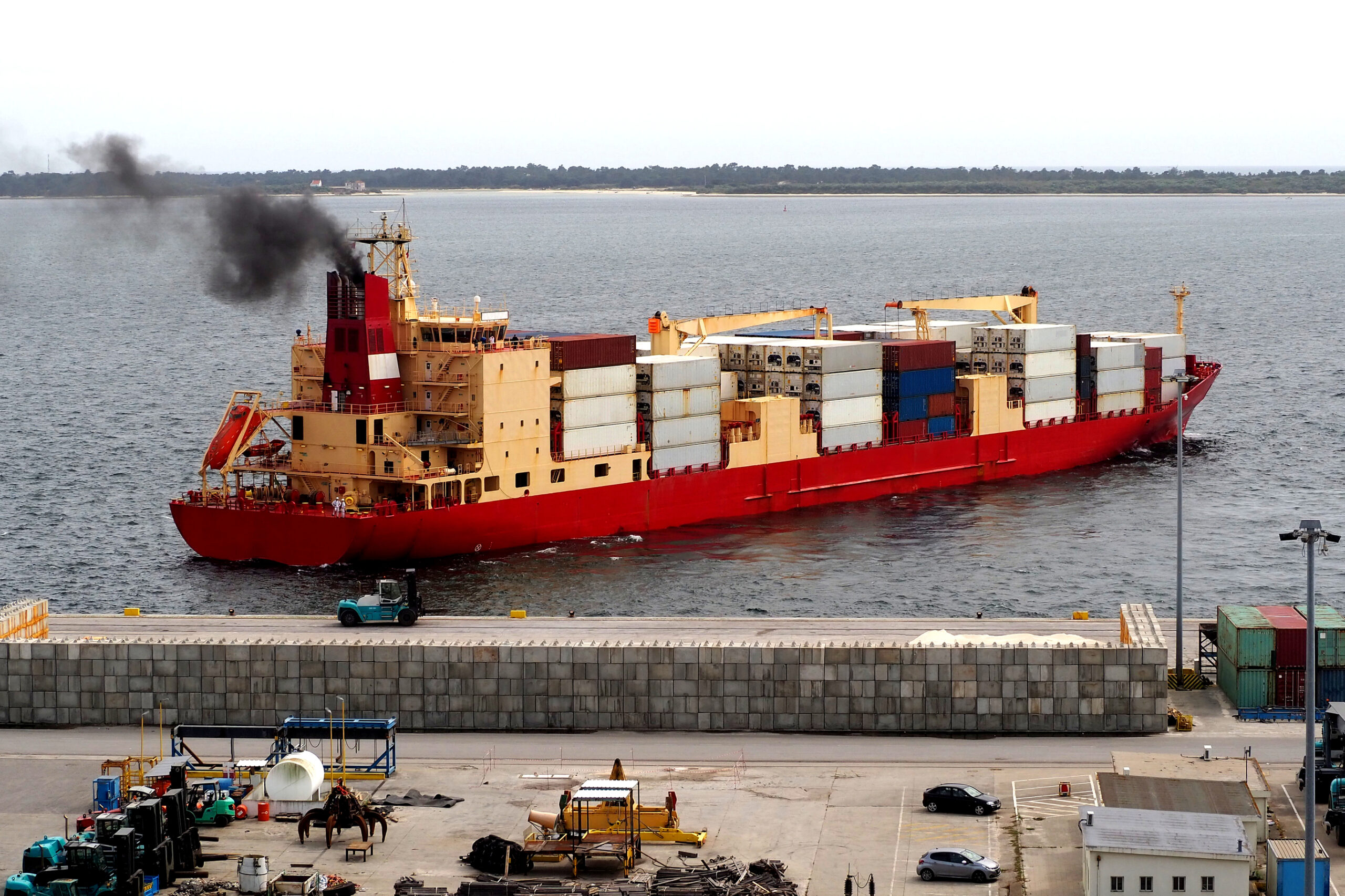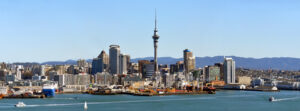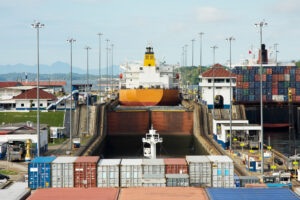The Swedish government is planning to follow Denmark’s suit in banning scrubber water discharges in its territorial waters.
In a proposal issued at the end of June, the Swedish government wants to start prohibiting discharges from open loop scrubbers beginning July 1, 2025.
Discharges from all scrubbers into water will be prohibited in Sweden from January 1, 2029, the Ministry of Rural Affairs and Infrastructure of Sweden said in a statement.
It’s worth noting that Denmark and Finland have similar bans inbound. The discharge of so-called scrubber water from ships out to 22 km from the Danish coasts will be prohibited by Danish law from July 1, 2025.
In Denmark, the ban on the discharge of scrubber water will come into force with an amendment to the law, which will be tabled in the coming parliamentary year. The ban comes into force on 1 July 2025 for ships with open scrubbers. For ships with closed scrubbers, the ban enters into force on 1 July 2029.
As it is reported by the Danish Environment Ministry, with this agreement the discharge of nickel into the marine environment can be lowered by up to 20 percent and the discharge of anthracene by 7 percent.
In the EU, there is no uniform legislation prohibiting discharges from scrubbers, but many countries and ports have already prohibited scrubber discharges into certain parts of national waters.
In commenting on the scrubber discharge ban, Sweden’s Infrastructure and Housing Minister Andreas Carlson said that most Swedish shipowners have already chosen to run on fuel with such low sulfur content that they stay within the emission requirements without scrubbers.
“Now we want it to apply to all ships within Swedish maritime territory,” Andreas Carlson said.
“Reducing emissions into the air by moving pollution to the sea is not a sustainable solution. Therefore, a proposal is now being submitted to ban the scrubbers’ discharge into the water,” he added.
Mattias Rust, Deputy Director, Ministry of Rural Affairs and Infrastructure, Sweden explained that although there were some reasons to allow for scrubbers in 2015, those reasons are quickly fading.
“Simultaneous, the scientist’s knowledge of how harmful these discharges are, are increasing.
“Hopefully, these national bans will fuel discussions on regional bans in the Baltic Sea, the Northeast Atlantic, and the entire EU. The IMO need to move forwards on this topic as well, although I think a global ban is quite a few steps away. There are intermediate steps to make, nevertheless,” he noted.
According to Sweden’s Climate and Environment Minister Romina Pourmokhtari, emissions from ship scrubbers are, even in very low concentrations, harmful to the marine environment.
The use of scrubbers also increases total fuel consumption by around 2-3 percent, which also increases carbon dioxide emissions.



